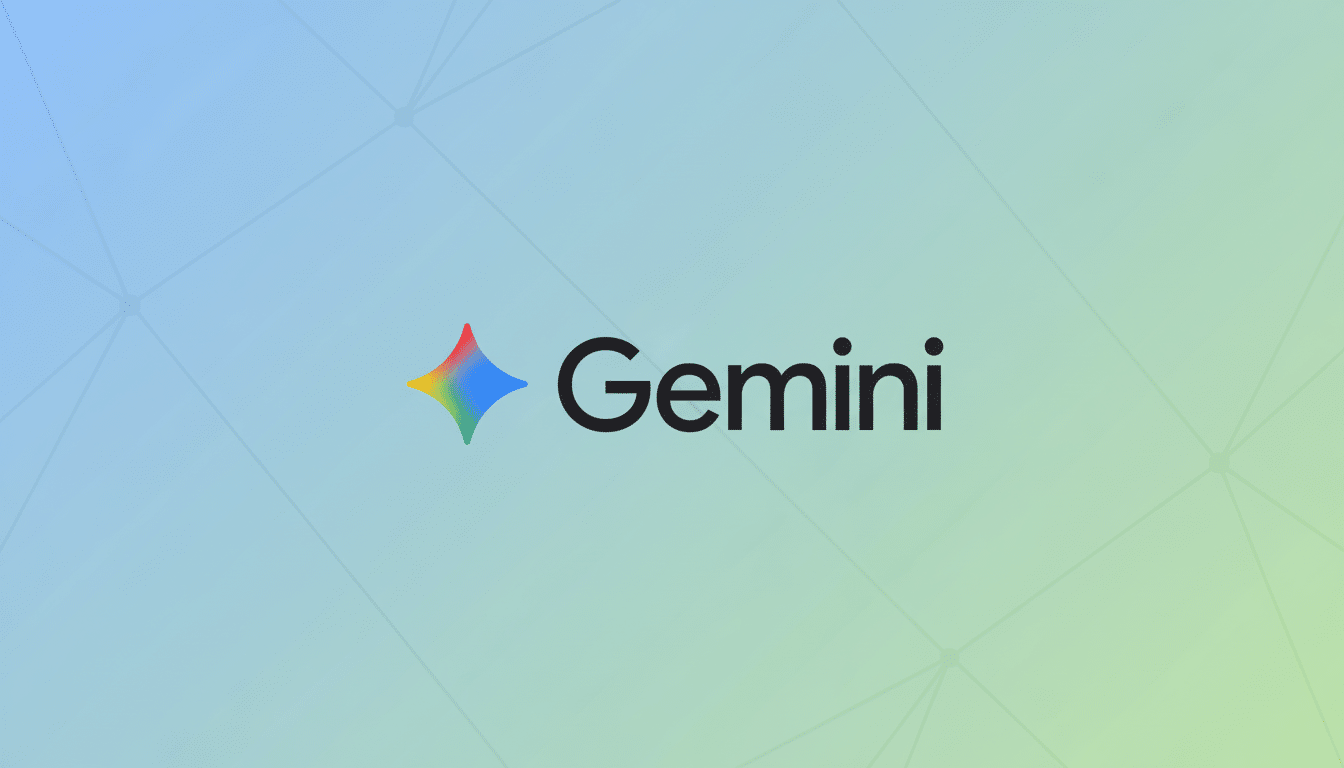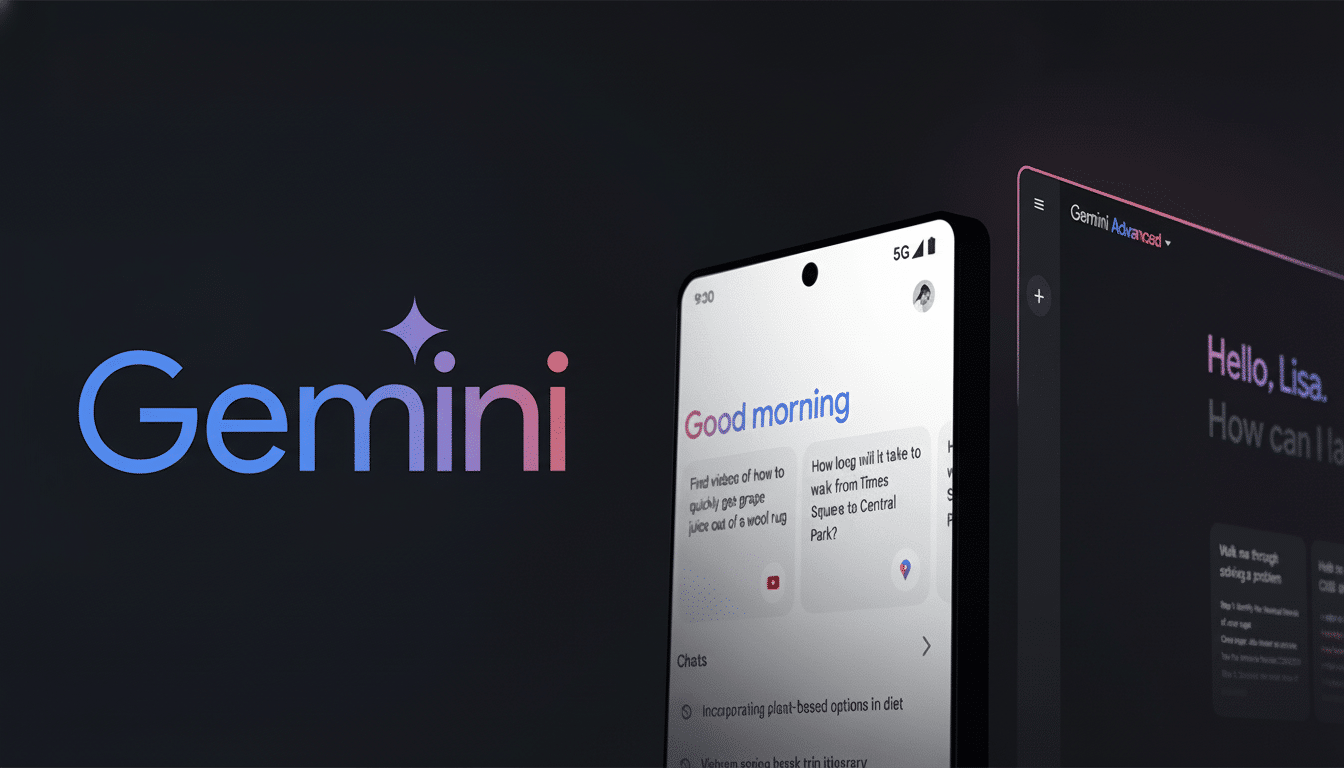Google’s Gemini app has just hit a milestone: it’s now possible for us to upload audio files and have the assistant analyze them, summing them up and acting on a conclusion it makes. It’s the single most requested feature for the service — and comes alongside expanded “any file type” support everywhere on Android, iOS, and the web as Microsoft makes a firm play for genuinely multimodal workflows.
What changed and how it will work
According to Josh Woodward the VP of Google Labs and Gemini, and what he’s just announced is that it’s now possible to attach audio, just as you would images, documents and so on, from the compose window directly. Tap the plus button, select Files (mobile) or Upload files (web) and import formats such as MP3 and WAV. The change from text-and-image input to “any file” makes Gemini a more versatile hub for real-world tasks — in which speaking text frequently lives outside email and docs.

Google’s Help Center has been updated with information about the change. You can provide a maximum of 10 files at a time to a prompt. So long as your app is in the foreground, speech uploads are processed in the same thread as your text messsages, so the assistant can respond to questions, create action items, translate text, or provide follow-up based on what it hears.
Limits, tiers, and the fine print
There are guardrails. Max length of audio in one prompt for free users: 10 minutes. Subscribers on Google’s premium AI plans have a much higher ceiling: up to three hours of audio per prompt. The app still presents up to 10 files at once, length applied to all attached audio clips.
(It’s interesting to consider how audio stacks up next to video in Gemini as well. The site’s videos remain capped at five minutes for free users and one hour for paid tiers. In contrast, three hours, the amount of audio you can upload as a subscriber, obviously sees an emphasis on voice-driven workflows, so you can upload meetings, interviews or lectures that last longer than your average video snippet.
Why audio uploads matter
Voice is the home to a lot of our unstructured information. Plenty of other kinds of calls and interviews become audio that can be tricky to search or summarize — like sales calls and research interviews, lecture recordings, and podcast notes. Now, rather than managing separate transcription tools or cloud drives, users can hand Gemini their raw files and receive outputs customized for their intended use — key insights, time stamps, next steps, even draft emails.

The timing coincides with larger behavior changes. Meta has said that WhatsApp users send billions of voice messages a day, indicating that voice is a medium of choice for fast capture and communication. On the content side, Edison Research has reliably reported podcast listening for years, driving home just how much smarts can be stuffed into spoken word. By feeding that audio into a reasoning engine, you can turn passive listening into actionable knowledge.
How it stacks up
Competitors have been barreling toward that kind of multimodal fluency. OpenAI’s ChatGPT, Microsoft’s Copilot and Anthropic’s Claude are among the models that are spreading the parameters out a bit more, relishing richer inputs, to varying degrees of fidelity and context length. Google’s differentiator is scale and integration: Gemini already hooks into Android system functionality, Gmail, Docs, Drive and more, which makes audio understanding more valuable when it can directly feed you back into your defining infrastructure.
And finally, under the hood, Google has engineered its latest multimodal models to be able to manage long-context inputs, which should help with hour-long recordings on paid plans. The questions now are quality — how effectively does Gemini separate speakers, capture nuances, and provide coherent summaries under heavy load? Google’s enterprise speech offering has provided strong transcription for a while now bringing that same reliability to its consumer assistant would be killer.
Early takeaways, and what to watch
For people, the quickest wins are meeting and class summaries, interview highlights and multilingual translation of short clips. For teams, the three-hour limit in paid plans will make it possible to analyze entire customer calls or webinars without switching between tools. Privacy and data controls will be paramount; look for Google to promote on-device protections on Android and clearer policies in its support materials as use of it grows.
The larger point, though, is simple: integrating audio into the same pane of glass as text, images and video lets Gemini operate seamlessly on the media you actually use.
The feature that many users have clamored for is here, and its real-world significance boils down to how quickly, and accurately, the assistant can transform hours of speech into something you can take action on in minutes.

